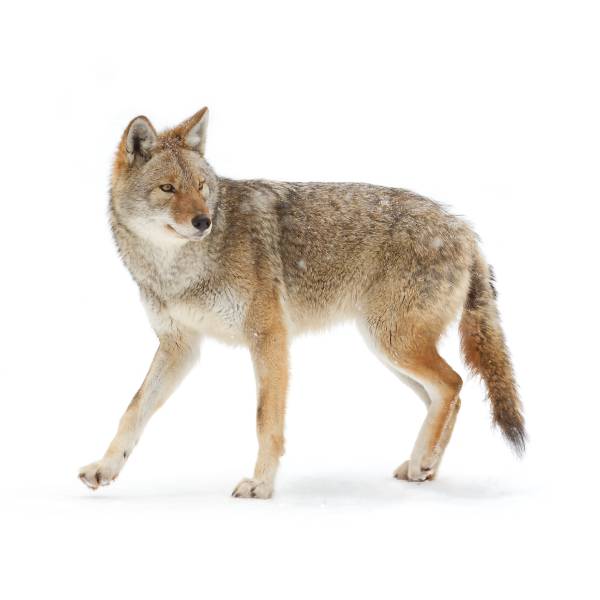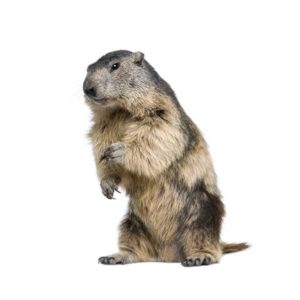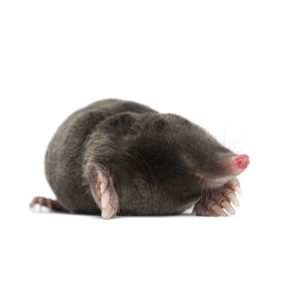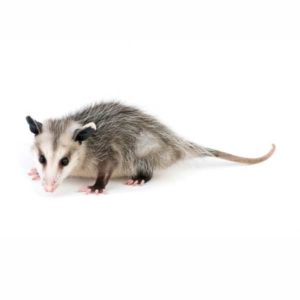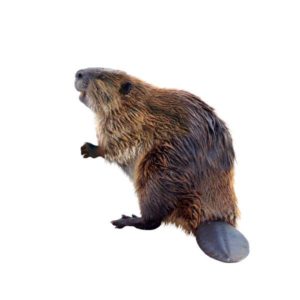Coyotes in Winston-Salem
Coyotes in Winston-Salem are often mistaken for small to medium-sized domestic dogs. Unlike wolves, they do not usually travel in packs and mate for life, creating family units. Primarily nocturnal, coyotes can be seen running with tails pointed downward and sometimes attaining a speed of 40 mph. Quick and agile hunters, they are also very vocal; vocalizations include barks, growls, yips, whines, and howls.
Coyote Habitat
Coyotes are well known for their ability to adapt to different habitats. Preferring grasslands, sagebrush habitats, and deserts, they can also be found in and around large cities. Coyotes are increasingly living in proximity to humans, and In urban areas prefer wooded patches and shrubbery, which provides shelter to hide from people. Other habitats include residential neighborhoods and green spaces such as parks, and golf courses.
Coyote Behaviors, Threats, or Dangers
Coyotes are normally elusive animals that avoid humans. They are usually only visible at a distance after dusk and before daylight. A few coyotes have, however, adapted to residential neighborhoods, parks, and open spaces, and seem to no longer be afraid of humans. Upon entering suburban habitats, they prey on rodents, rabbits, birds, house cats, and small dogs.
If coyotes are seen near your home, teach your children to identify them, recognize the potential for danger, and know what to do if they come in contact with a coyote. If you need professional advice, it is best to consult a professional wildlife control company.

